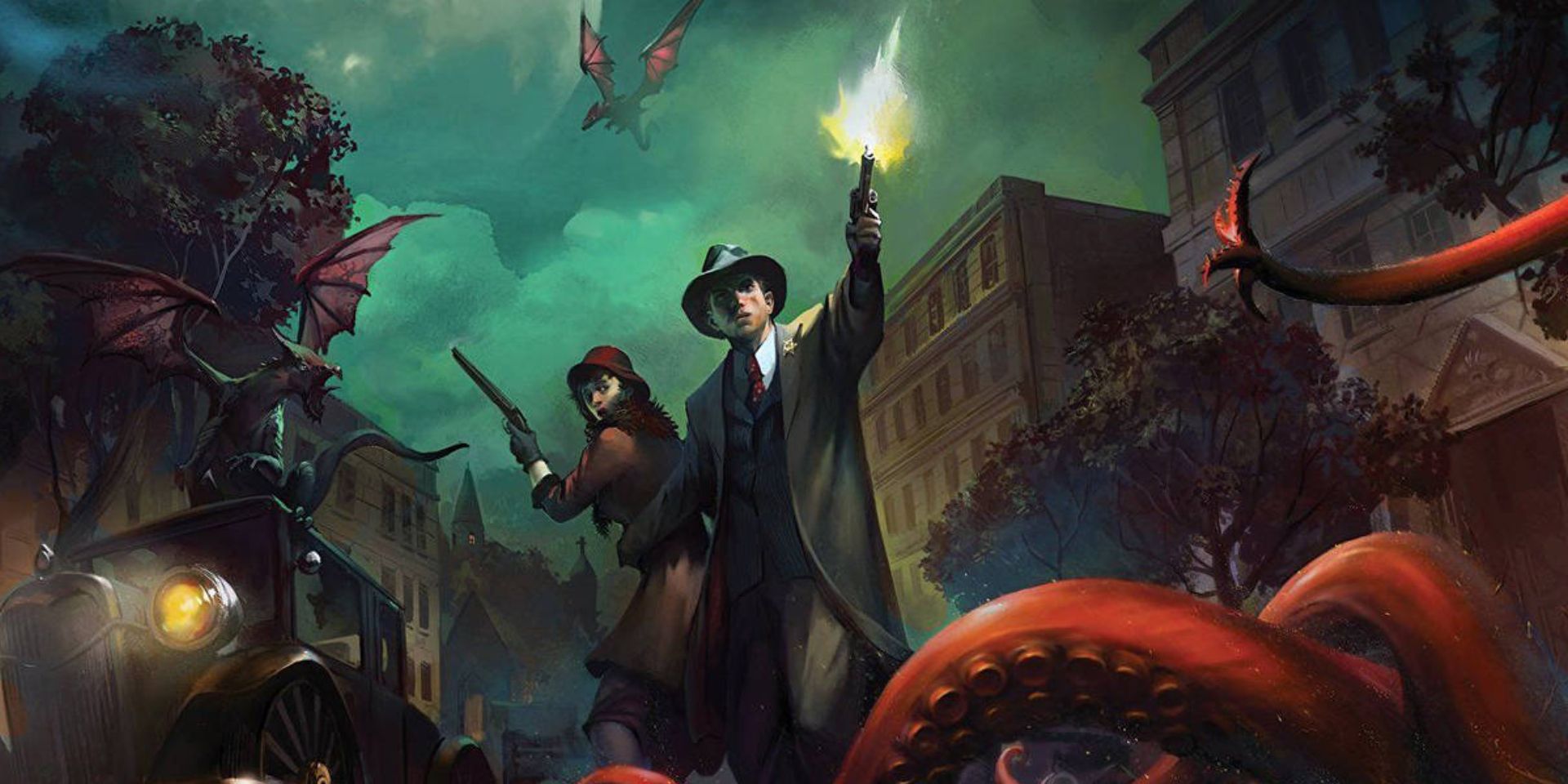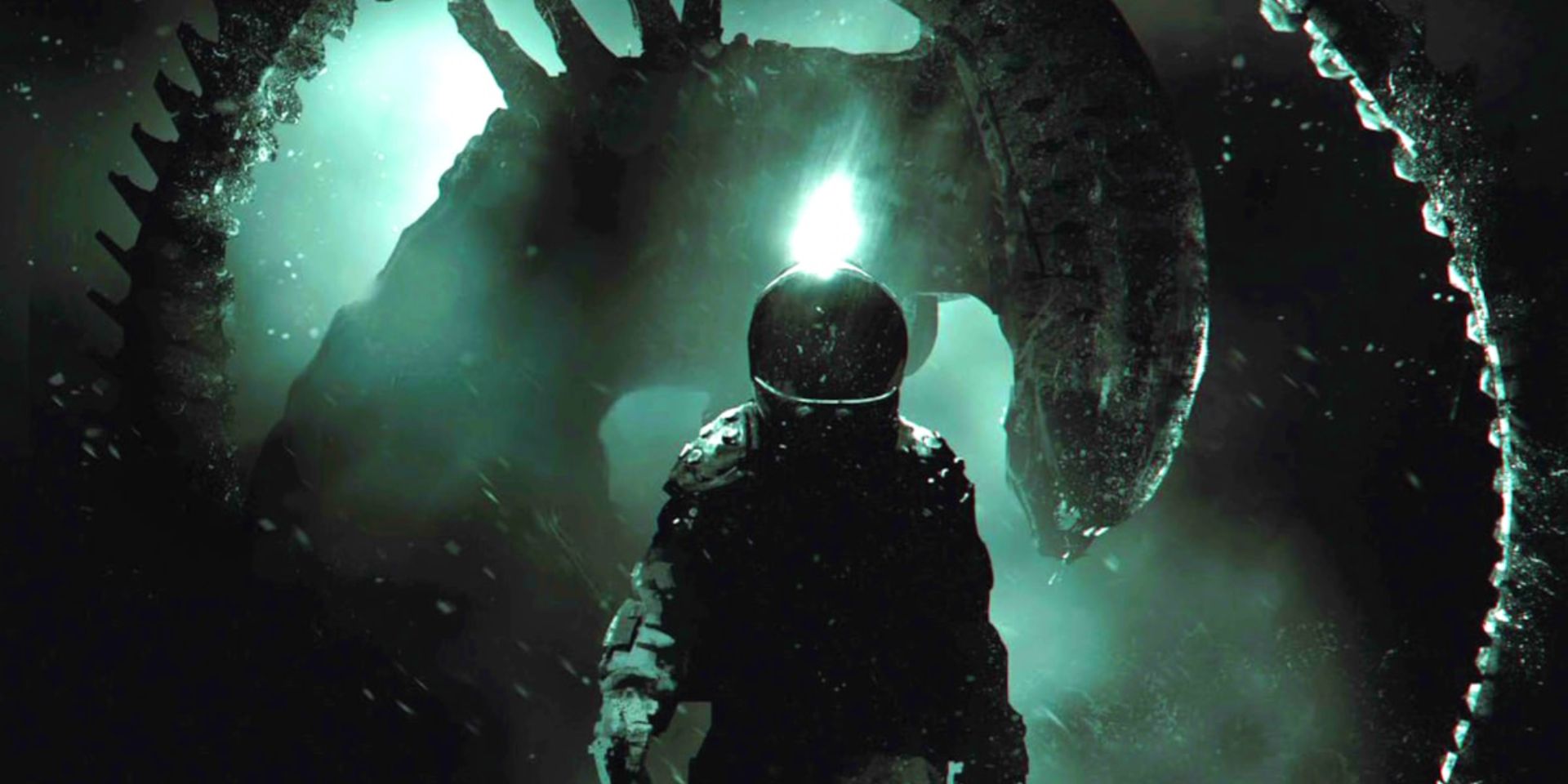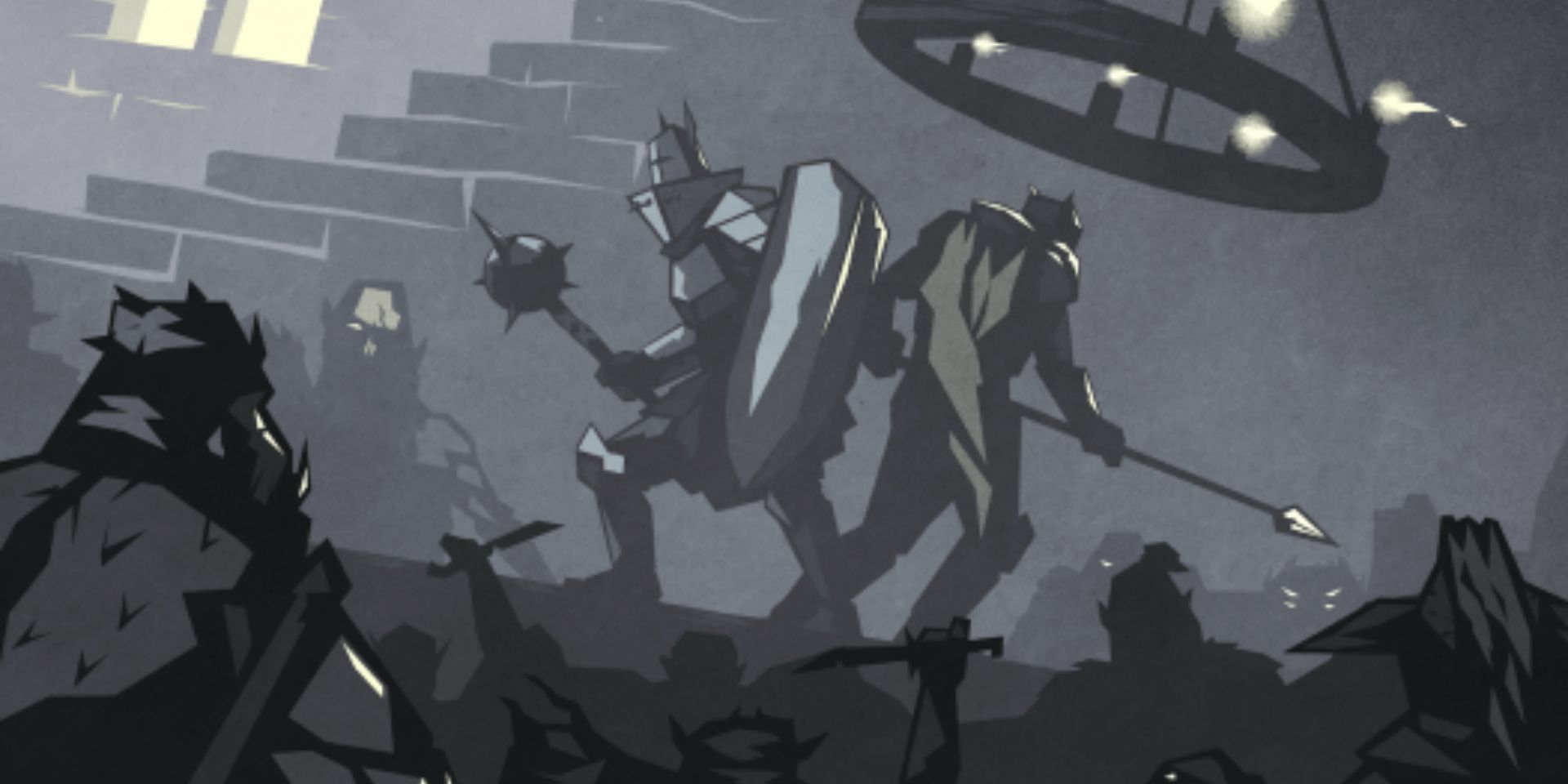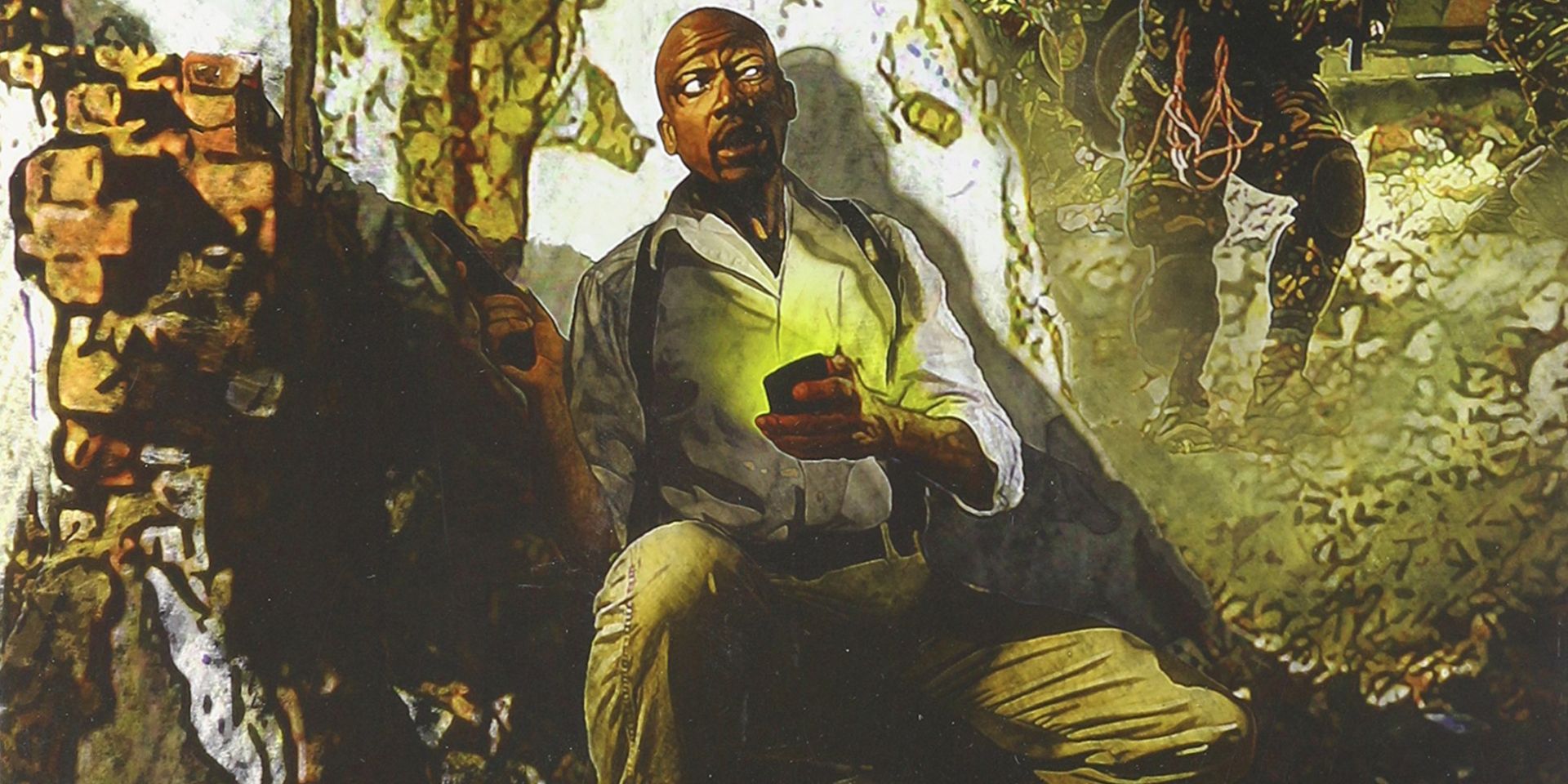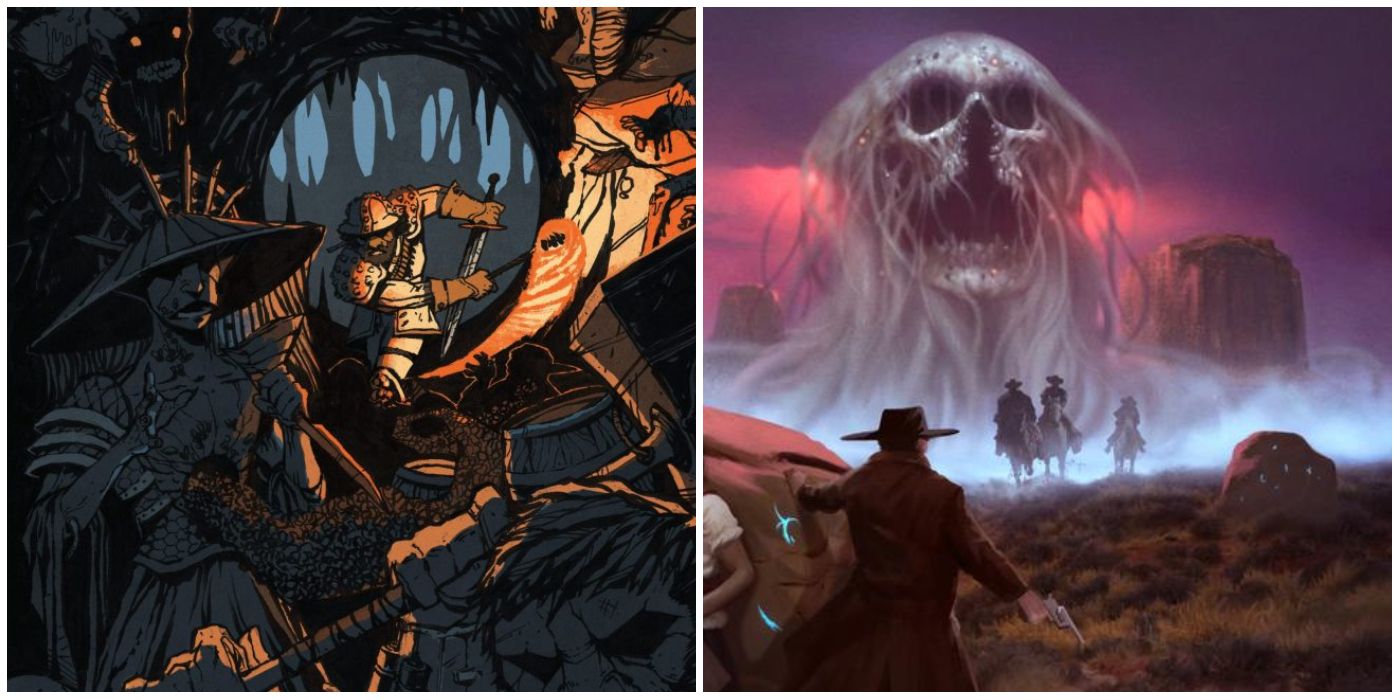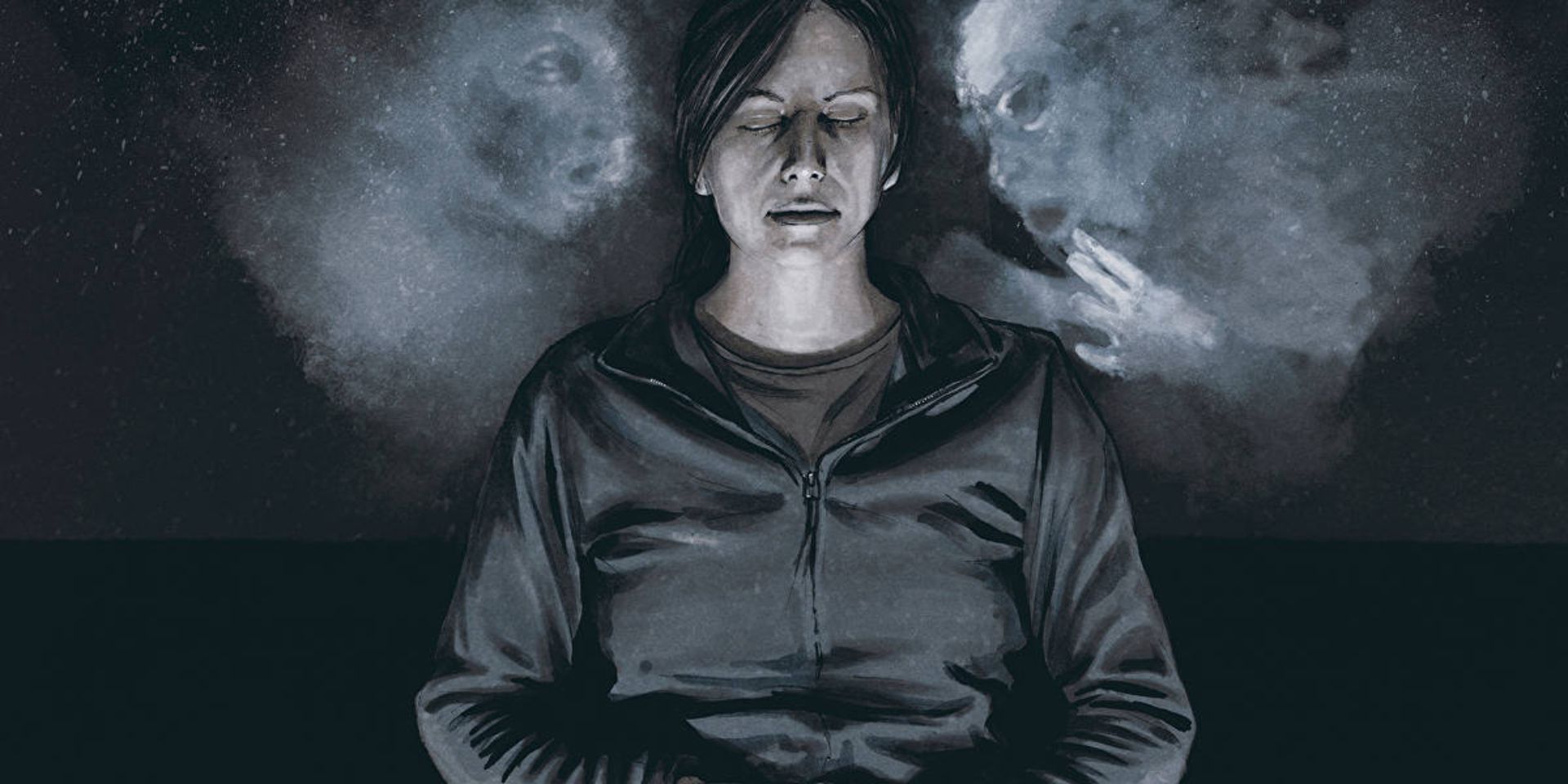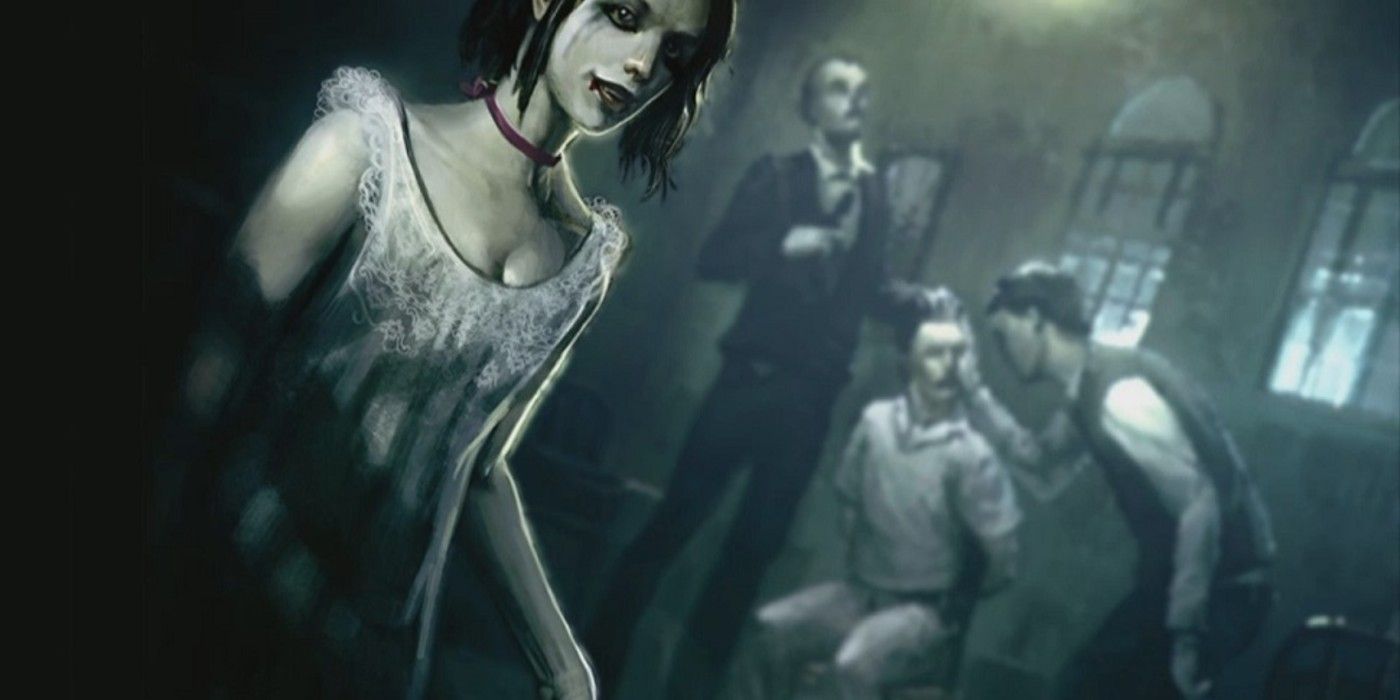Horror-themed tabletop RPGs are a great way to celebrate the Halloween season, gathering with friends around a table for some spooky candlelight gaming. Many games are specifically geared towards horror, from Call Of Cthulhu's horror of the alien and unknown to the monster-embodying horror of Vampire: The Masquerade, but creating a horror RPG campaign that truly gets the heart pumping and sends shivers down players' spines requires some careful GMing.
Dread, a minimalistic horror tabletop RPG centered around pulling blocks from a Jenga tower, describes itself as a game of "Horror and Hope" - a mission statement Game Masters trying to create horror RPG scenarios should always keep in mind. Horror games are very much about frightening players with nightmarish dangers and seemingly insurmountable obstacles, but if they don't believe their characters can survive or eke out a win, they won't be as motivated to see things through to the end. There should always be a chance, however slim, and always one outcome that's better than the other.
Horror tabletop RPGs, limited only by their rules and the imaginations of their participants, can take many different forms, including murder mysteries, existential horror, and gruesome tales of aliens or monsters preying on the unsuspecting. It's the burden and privilege of the GM to create a truly spooky RPG story worthy of being told around a campfire. But unlike spinning a campfire yarn, it's the conversation between GM and player that truly brings a horror RPG campaign to life.
A Horror RPG Session Zero Lets GMs Know What Kind Of Game Players Want
Before starting off a horror campaign, GMs will greatly benefit from running an RPG "session zero" for their players. This gives them a chance to explain the game's premise, help their players create appropriate characters, and make sure certain questions are answered. The most important question, of course, is whether everyone actually wants to play a horror campaign. If yes, GMs can use the session zero to figure out what sort of horror game their players would be most excited about, then coach them through creating characters likely to complement, not conflict with, the GM's campaign ideas.
Horror RPGs Need A Reason Players Don't Just Run Away Or Get Help
"Why don't they just move out of the haunted house?" "Why don't they just call the cops?" Poor answers to questions like these can ruin players' immersion, so whatever the premise of their RPG horror story, the GM should always provide a good reason why the player characters are obligated to confront the nightmarish scenario of the session. Perhaps they're physically isolated from civilization, or the evil pursuing them can hide from or easily murder authority figures - or perhaps the player characters are simply driven to confront the horror by their powerful, unique desires.
Horror RPG GMs Can Build Tension With Honest But Incomplete Descriptions
It's OK for a tabletop RPG Game Master to deceive a player's character, describing how they hallucinate, don't see the monster sneaking up behind them, don't realize their best friend is being controlled by an alien parasite, etc. Deceiving a player, however, can damage their ability to trust the GM's descriptions and diminish their sense of agency in the game. It's far better to instead build tension through honesty. When a player asks for a description of a room or a nightmarish creature, GMs should be forthright about what they perceive while building tension through ambiguous language: "The room seems empty." "You don't see anything in the mirror just yet." "You think the screams are coming from downstairs." Milking a player's fear of the unknown can substantially ramp up a horror RPG's sense of atmosphere.
Horror Tabletop RPG Players Need Tough Choices That Make Them Sweat
Every ominous description and looming threat a GM narrates during a campaign should build tension amongst their players and, more importantly, push them to take action, make tough decisions, and suffer the consequences. Sometimes, these hair-raising decisions are matters of PC survival - i.e., figuring out what choice is most likely to keep them alive and get them out of trouble. Other tough decisions are a matter of virtue versus sin. Does a PC make a sacrifice to do the right thing, or do they do something awful or evil for their immediate benefit? In a horror game, the choices GMs give players should be tough enough to make them sweat, but not so tough they're paralyzed with indecision.
Horror RPG Players With Dead Characters Need A Way To Participate
Horror tabletop RPG campaigns, like many horror movies, often have casts of characters that dwindle over time, as PC after PC bites the dust at the hand of a horrific danger. If a player character is killed off in the middle of a session, they should have a way to keep from being left out of the game, forced to twiddle their thumbs in boredom. In the historical Civil War RPG Carolina Death Crawl, for instance, players whose characters die haunt the surviving player characters as ghosts. In other games, depending on the plot, the GM may let players take control of a friendly NPC or keep track of what the monster is doing.
Comedic Relief & Break Times Are Important In Horror RPG Campaigns
If a GM manages to create an interesting horror RPG campaign with a truly nerve-wracking story, their players will almost certainly do silly things to break the tension, cracking jokes about the Count from Sesame Street during a Vampire: The Masquerade game or intentionally flubbing the name of eldritch deities during a session of Call of Cthulhu. In moderation, these moment of levity are just fine - a way for players to take a needed break from the horror. If the jokes and wisecracks threaten to actually derail the campaign, the GM may want to pause the game and talk with their players about the experience, rather than instituting a rigid "no jokes allowed" policy. After all, even the scariest horror tabletop RPGs are supposed to be fun.

